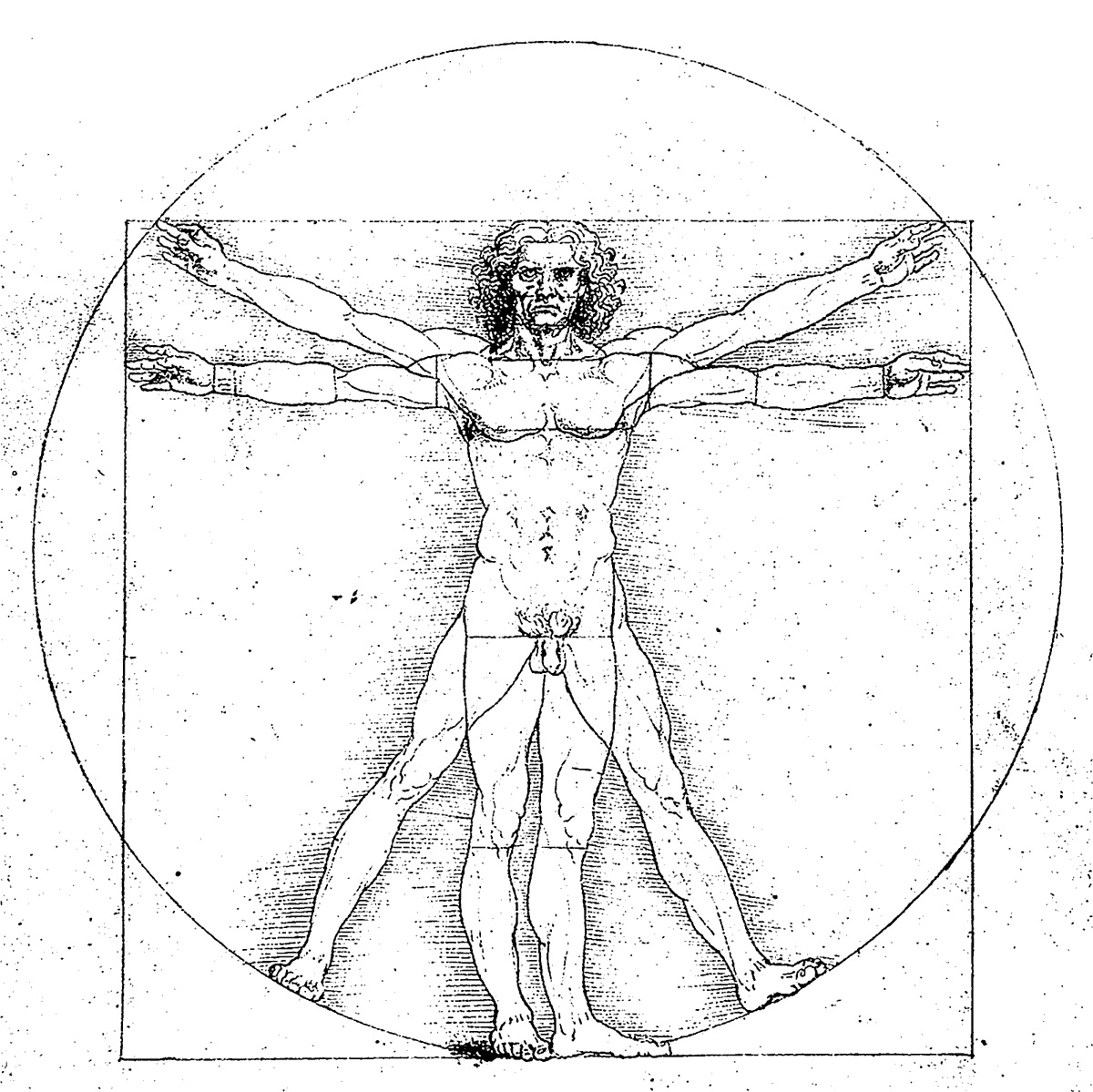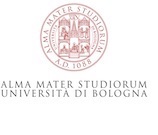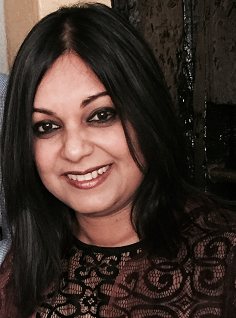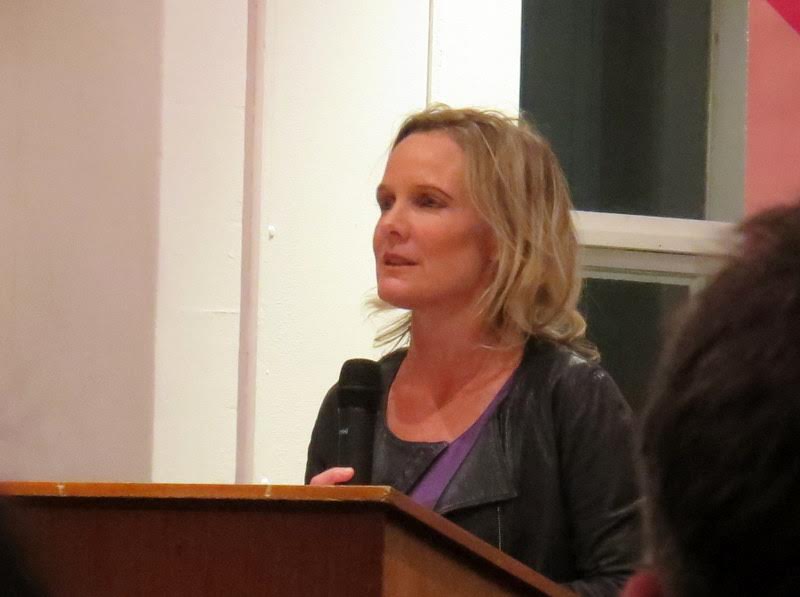RETHINKING HUMAN IN THE HUMANITIESCoordinated by DEBJANI GANGULY and SARAH NUTTALL WORKSHOP
|
 |
|
This 2-day workshop will address the urgency to rethink for our times the conceptual weight that the idea of the "human" has acquired over two centuries of critical thought. We propose the following scenarios and problematics for rethinking the human: 1. The limits of reading 'the social' in terms of the exclusively human and contemporary challenges to the Durkheimian sociological imagination in which society is 'the genus beyond which nothing else exists'. The degree to which the social, or entities like the city itself, emerge now more than ever at the point of entanglement and disentanglement of humans, materials, technical objects, and animate and inanimate bodies. 2. Climate change and the human as a geological agent. This undoes modernist understandings of the human as an historical agent which shapes its destiny either at a distance from nature or through mastery over nature. 3. Crisis of the ‘human’ as a universal in international human rights discourses in the face of escalating global violence, civil wars and forced expulsions. 4. Post-human futures in the era of genetic engineering and artificial intelligence. A consideration of an actual, as well as an imagined world, in which technologically enhanced forms of human corporality are fashioned and future trajectories of race are recalibrated. 5. The reconstituting of the 'archive' in the aftermath of anthropocentrism. Readings on these topics will be circulated in advance with the expectation that all graduate participants will be active contributors to the workshop discussion. |
|
|
|
|





